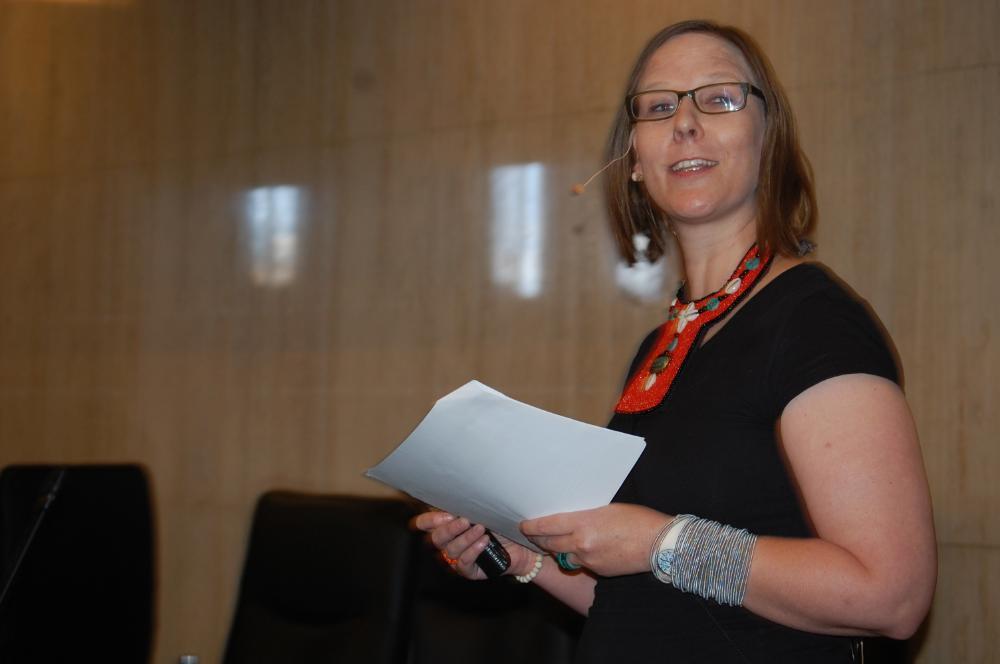Greedy publishers behind knowledge inequality
-
Publishers of academic journals make more profit than pharmaceutical companies.

“Fifty percent of all research publications in the world are owned by five publishing houses with an average profit margin that is 36 % higher than the Commercial Bank of China, higher than pharmaceutical companies and car manufacturers,” says open access proponent Dr Leti Kleyn.
This has a direct impact on the rising cost of education and is restricting access to scholarly works that could save lives and advance scientific knowledge, says Kleyn, a Manager of the Open Scholarship Programme at the Department of Library Services, University of Pretoria.
Kleyn was speaking at a Joint Open Access Seminar hosted by Wits Library, the Wits Research Office and Centre for Learning Training and Development, and the Wider Gauteng IR Forum.
The seminar sought to deliberate on the challenges, progress and future of open access in the country. Open access is the practice of providing unrestricted access to peer-reviewed research journal articles via the internet. This is done for a variety of reasons and is particularly good for the dissemination of new knowledge, says seminar organiser and Wits Librarian Denise Nicholson.
It has been a protracted battle between those on the opposite sides of open access. In 2015 South African universities paid nearly half-a-billion rands in subscription fees to European publishers.
Kleyn highlighted the grave dangers of publishing in European journals that require users to pay. The Ebola outbreak in 2013 was not identified soon enough due to knowledge ownership.
She also questioned the commitment of university leaders whose fixation with rankings and citations in international journals stands in contrast with the drive to generate knowledge that is first locally relevant before satisfying flimsy international demands that will place them favorably in the rankings.
According to Kleyn, there is a move by certain universities to discontinue subsidies for researchers publishing in local journals. Local journals do not generate the same prestige for universities as international journals even though these have limited readership due to their prohibitive fees.
“We forget that we do research to save lives. Maybe we should count the number of lives we save rather than the number of citations (in international journals),” says Kleyn.
The cost of books also came into the spotlight. University textbooks are unaffordable for many students.
Income inequality is behind the high price of books in South Africa, said Professor Sean Flynn, Associate Director of the Program on Information Justice and Intellectual Property (PIJIP) at the Washington College of Law, American University.
“How unequal a country’s income is, is going to directly determine the price that monopolists are going to charge.”
Flynn suggested that if more people in South Africa could afford books, publishers would lower their prices to make them more appealing to the market and meet their production costs. Books are expensive in the country because there are few people who have the disposable income. This forces publishers to put prices high in order to make up their costs.
“It’s all about income inequality,” he concluded.
